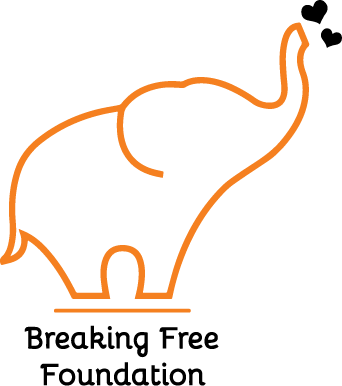Your Story is Unique, Share It
I have heard many stories, shared in deep sadness and pain, and also been witness to the immense inner-strength and resilience present in so many people affected by trauma. However, when I speak of trauma, it is not based solely on definitions such as the one from the American Psychological Association which states, “Trauma is an emotional response to a terrible event like an accident, rape, or natural disaster. Although trauma is definitely made up of these events and many more (childhood abuse, neglect, and abandonment).
I think of a quote from D.W. Winnicott (a renowned British Psychiatrist) who theorized that “there are two things that can go wrong in childhood: Things that happen that shouldn’t happen – trauma such as abuse and neglect – and things that should happen that don’t happen – such as being unloved and emotionally abandoned.”
My experience is based on my time as a trauma therapist but also from personal experiences that have caused me to re-evaluate all I do and say, especially with my children. It may already seem that I must have been raised in a difficult home. When others looked at my home life, they were very envious of what I came from. My best friend came from a broken home with an alcoholic step father and a very verbally and physically abusive mother. He loved the times he spent at my house as it was his escape from the chaos and feelings of hate, abandonment, and neglect. However, there are always different perspectives on the same situation and my perspective was much different than my friends.
I grew up in a religious home from the time I was seven. My parents immigrated to Canada from England with a one-year-old baby and another on the way. They came to a new country knowing no one as my father came to work for a family that needed a mechanic. They were isolated, alone, scared, and barely knew one another (met and married within three months).
My mother was raised in a very abusive home by her grandmother and she carried this pain and feelings of abandonment and neglect into her own family. For her to feel loved, she felt like she had to save everyone and be there for everyone. This resulted in many hours at the church helping others and bringing in countless numbers of young men who she took under her wings. My father was depressed and struggling with Colitis and the medication that resulted in extreme mood swings. We never knew what mood he would be in when he arrived home.
It took me many years of self-awareness and reflection to understand that how I respond to my wife now, my ex-wife in the past, and other females over the years was what I was missing with my own mother. I felt completely rejected and unloved during those years. I felt like I was not good enough, otherwise why would she need to bring in other young males to make her feel good about herself. Fortunately, I have a good relationship with my mother so we have been able to discuss this over the years, even more recently so I have had the opportunity to express my feelings and begin the work towards becoming a more securely attached husband, son, father, and brother. I am coming to understand that none of us is really aware what someone else is going through and even if their issues do not seem as big as our issues, it may be catastrophic to them.
We need to support everyone for where they are at with love, acceptance, kindness, and a non-judgmental attitude. We need to foster safety, comfort, and openness so those who need to talk, share, and become more self-aware have the opportunity to do so without fear or worry. We all have a unique story that needs to be heard. The more we listen, the more we hear and the more we understand. Vulnerability is true strength. I encourage everyone reading this blog to find someone you feel comfortable with to open up and share your story.
Written by Stephen Roberts, RPC - Guidance Professional Services Inc.
Are you interested in sharing your story, or experience breaking free from trauma? Please contact us to guest blog. To continue the conversation about trauma, please follow us on Twitter or Facebook.
